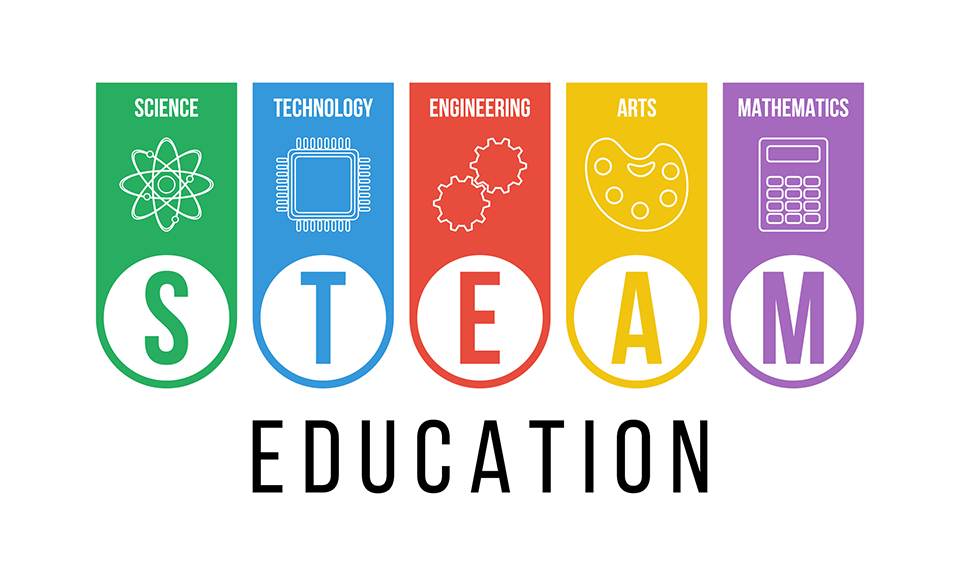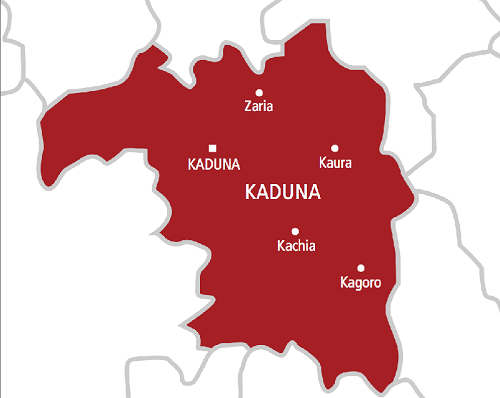STEAM Initiative Launches in 6 Pilot States with 222 Teachers


Scholars advocating for the implementation of the Science, Technology, Engineering, Arts, and Mathematics (STEAM) initiative in Nigeria have called for its integration into pre-primary, primary, and secondary school curricula to foster growth in technological innovation.
The initiative, currently piloted in six states—Adamawa, Ebonyi, Nasarawa, Ondo, Rivers, and Sokoto—involves 222 teachers selected by the Ministry of Education to collaborate with the implementation team. It is regarded as essential for Nigeria’s competitiveness in a science and technology-driven global landscape.
During the presentation of the project report in Abuja yesterday, the Chairman of the Implementation Team, Professor Emeritus Naorgu, expressed optimism that STEAM would encourage interdisciplinary learning, critical thinking, problem-solving, and practical activities.
She highlighted that incorporating the initiative into schools nationwide would enhance students’ performance in the Unified Tertiary Matriculation Examination (UTME). However, she lamented the lack of prioritisation and support for its full implementation in Nigeria. Naorgu emphasised the importance of fostering critical thinking in students from an early age.
“When you introduce design into learning, programme it makes it better, and you can start teaching children at a younger age, moulding them to have critical minds at a younger age,” she remarked.
She revealed that organisations such as the Nigerian Academy of Science, the Nigerian Academy of Letters, and the Nigerian Young Academy are collaborating with the implementation team to develop locally suitable STEAM education policies, enhance teachers’ capacities, and raise awareness in schools.
Naorgu noted that one of the initiative’s key milestones is its inclusion in the federal government’s 2024 education roadmap and the creation of a draft policy document for STEAM in Nigeria.
She recommended expanding STEAM activities to the remaining 30 states in the federation and expressed hope for improved UTME results in the six pilot states participating in the project.









